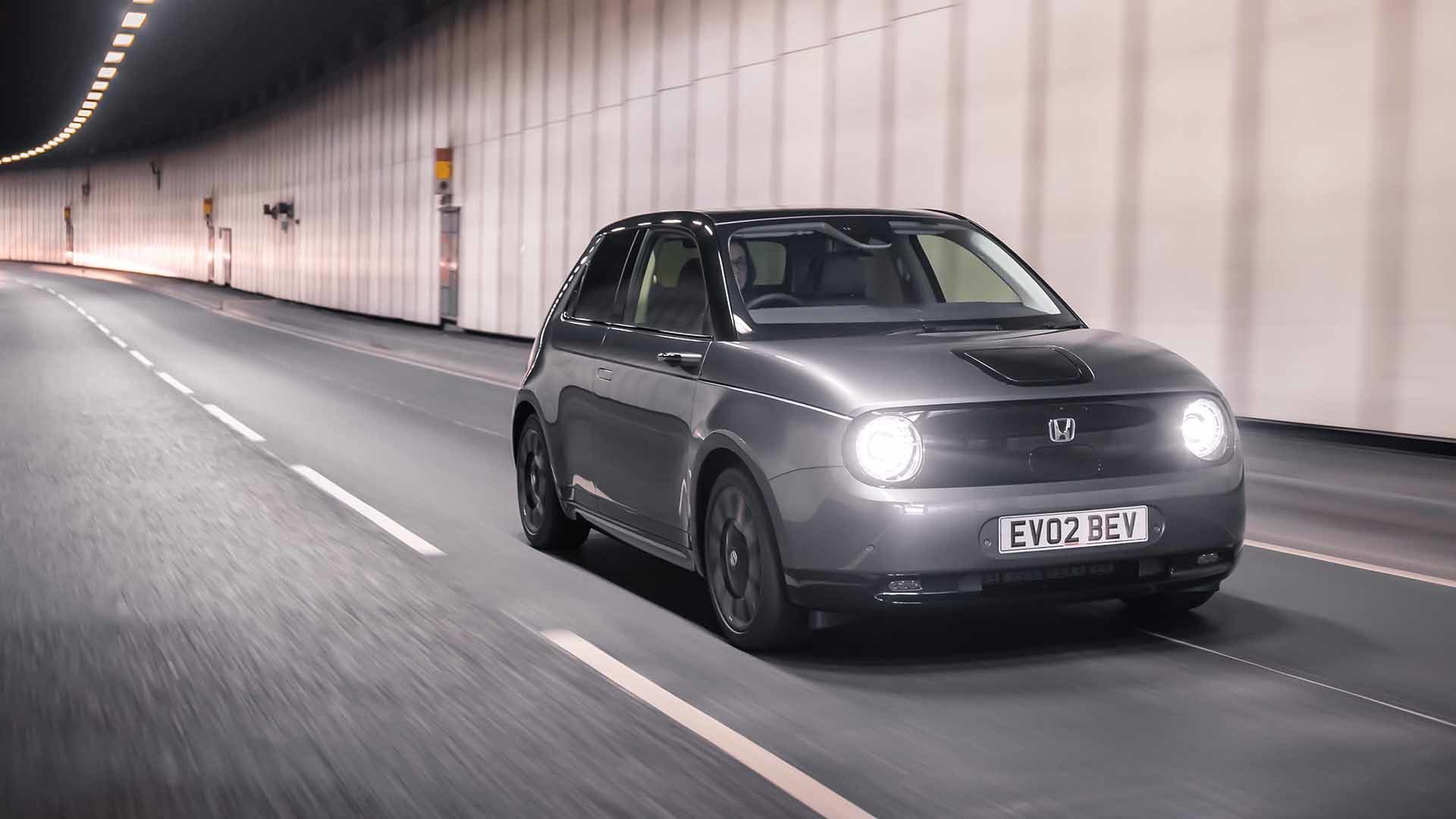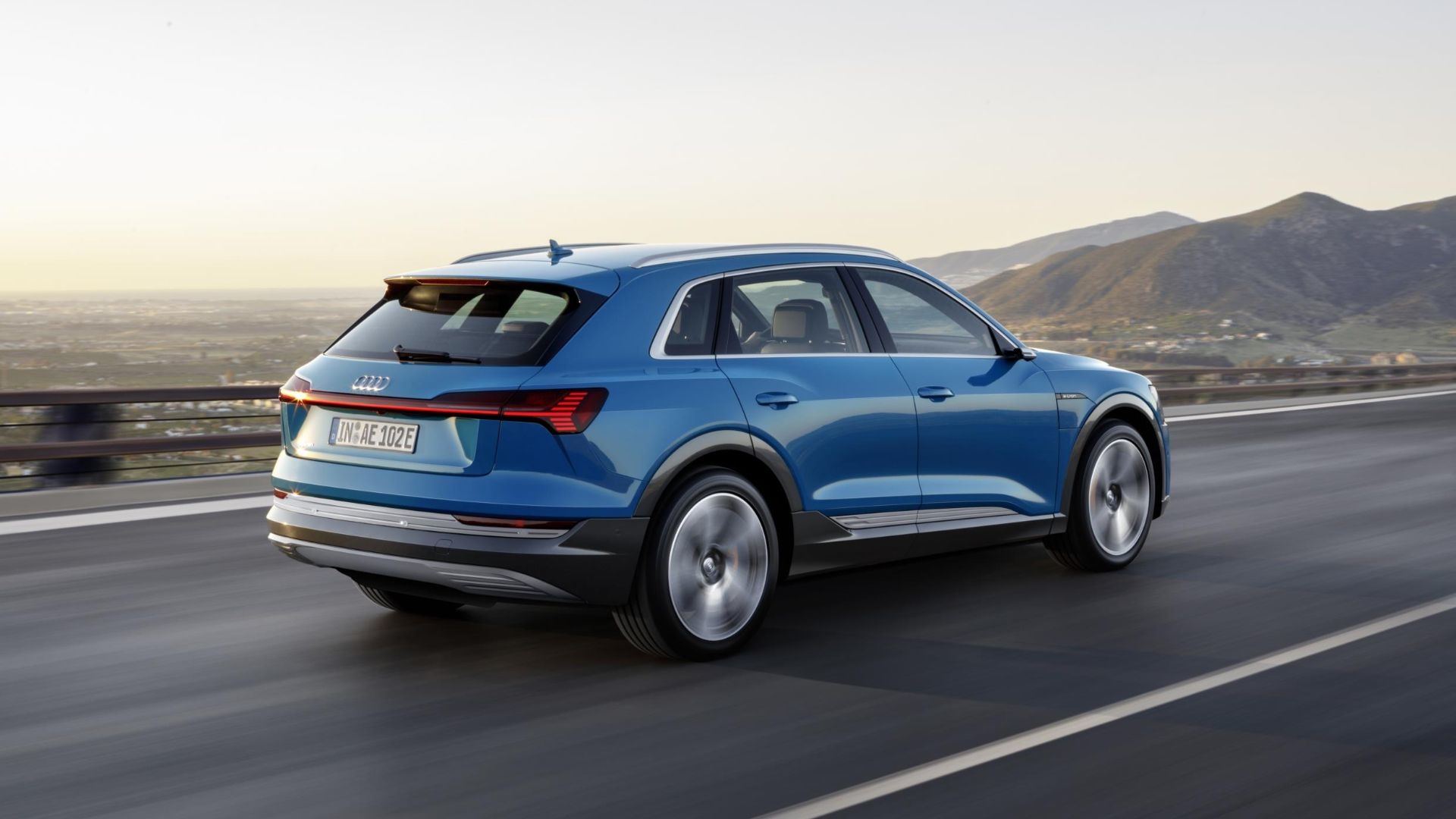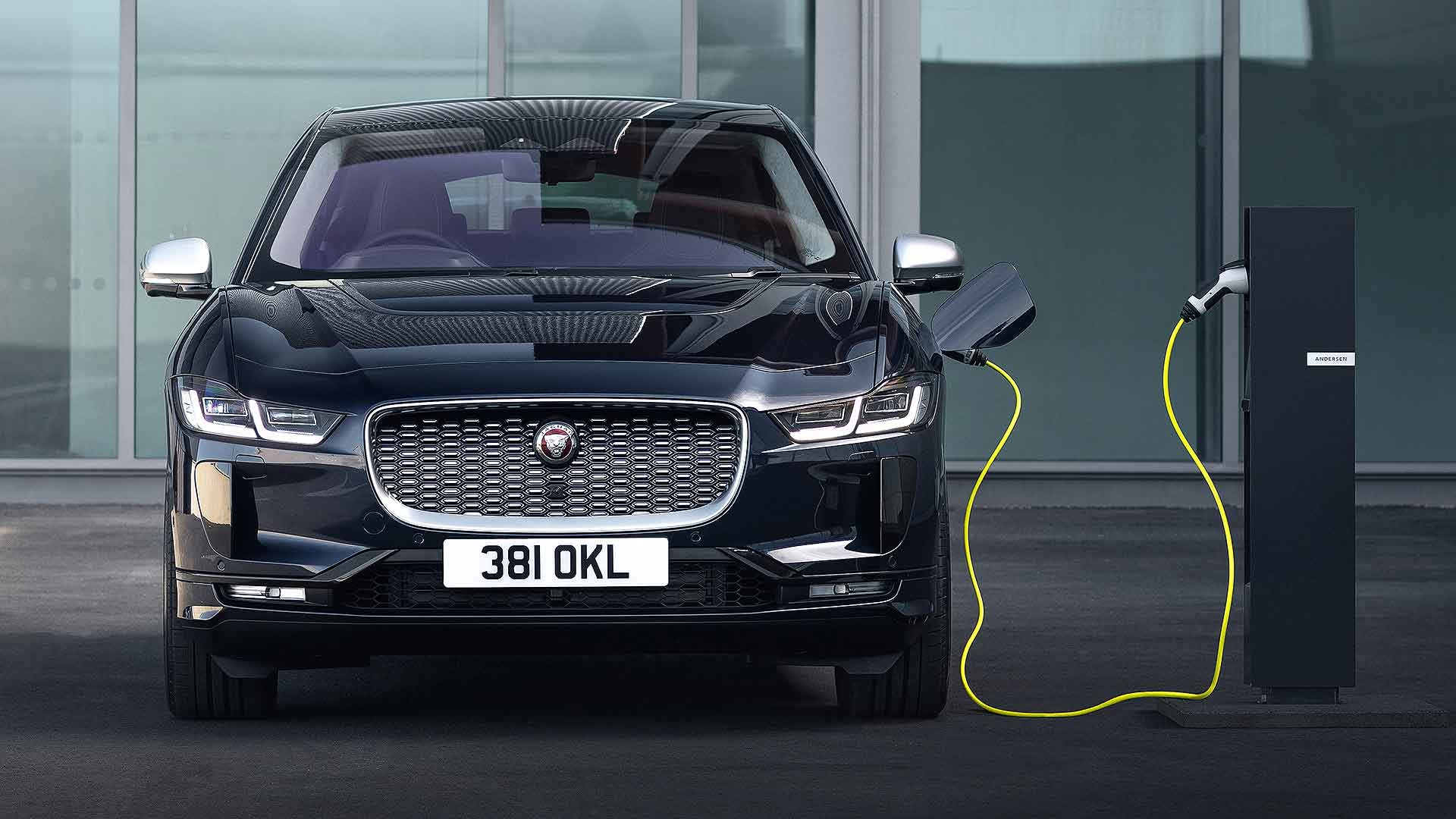
Every electric car sold in the UK is costing the Treasury around £1,000 in lost fuel and vehicle tax in its first year. That’s according to new research published in the Sunday Times.
This has prompted warnings that road pricing will be introduced to offset the lost revenue, as the country heads towards the 2030 ban on the sale of new petrol and diesel cars.
Jaguar recently announced that it is to become a pure electric brand from 2025, while every new Ford sold in Europe will be all-electric by 2030.
All-electric and plug-in hybrid cars accounted for more than one in 10 registrations in 2020 – up from around one in 30 in 2019. Demand for pure electric cars grew by 185.9 percent to 108,205 units, in what the Society for Motor Manufacturers and Traders (SMMT) called a “bumper year for battery and plug-in hybrid electric cars”.
Figures from the RAC Foundation reveal that swapping from a petrol car to an all-electric vehicle saves drivers an average £592 year in excise and VAT, and £305 in first-year VED (Vehicle Excise Duty). The difference increases to £800 and £338 respectively when ditching diesel for electric.
£200 million in lost revenue

If sales of electric cars reach 175,000 in 2021, the Treasury will lose nearly £200 million in lost fuel taxes and VED. Road-pricing schemes and tolls are seen as a way for the government to replace the lost revenue.
Gerry Keaney, chief executive of the British Vehicle Rental and Leasing Association (BVRLA), said: “Many road-users can now see the benefits of a well-designed, carefully implemented national system that can help pay for the huge cost of upgrading the UK’s road network and zero-emission vehicle infrastructure. Such a scheme should be used to replace the current motoring tax regime, which is too complex and inefficient.”
Electric cars are exempt from VED and the £325 surcharge for new cars costing more than £40,000. People buying electric cars are also eligible for a £3,000 grant towards the cost of purchase. The government sees incentives as way of encouraging sales of new electric cars, but tolls could make EVs less attractive to prospective purchasers.
‘Alarm bells will be ringing’

Edmund King, president of the AA, said: “Alarm bells will be ringing in the Treasury because electric cars will outnumber diesel cars on the roads within nine years. When fuel duty runs dry, the government will look at pay as you go. Traditional road-pricing could backfire as a poll tax on wheels, so [we] are advocating a system of road miles, whereby every driver gets at least 3,000 free miles before charges are introduced.”
Steve Gooding, director of the RAC Foundation, added: “In the face of a big decline in revenue, the chancellor could decide to turn off the money taps and start to tax EV drivers rather than subsidise them. For those buying battery-powered cars on the premise of cheap motoring, that will be a huge shock.”
READ MORE:
Best electric cars to buy in 2021
Good job everyone is having smart meters fitted so that they know the correct amount of tax to charge you!
Everyone is not having smart meters,these can be dangerous.